Don’t pull back on Indigenous voice, Anthony Albanese told
One of the most senior backers of an Indigenous voice has warned the Albanese government not to pull back on its proposed amendment to the Constitution.
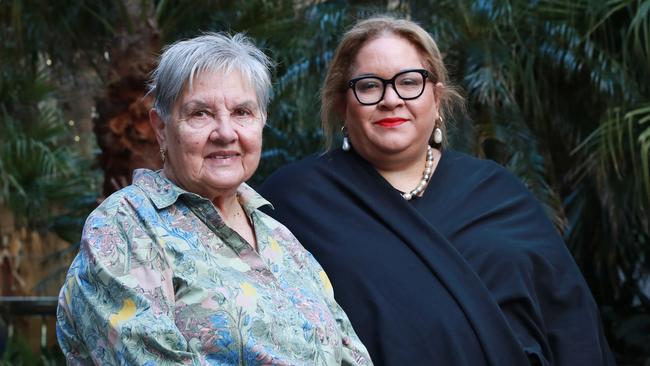
One of the most senior backers of an Indigenous voice has warned the Albanese government not to pull back on its proposed amendment to the Constitution.
Pat Anderson, co-chair of the Uluru Dialogue and its campaign for a voice referendum, has given the clearest indication yet that there are serious concerns among voice supporters that Labor is under pressure to water down the wording of the draft amendment announced by Anthony Albanese in July.
As the government works with a constitutional expert group to scrutinise the form of words that would be added to the Constitution if a referendum succeeds, Ms Anderson said neither the Australian people nor Indigenous advocates of the voice would accept any amendment that amounted to symbolism.
“We take it in good faith and on the Prime Minister’s word, that the amendment is a draft for discussion and debate,” Ms Anderson said.
“The Prime Minister has invited feedback and the draft will change. Australian people won’t accept symbolism and neither will we. We want a guaranteed seat at the table.”
The Weekend Australian understands Ms Anderson is among a group of key voice supporters who want changes to Mr Albanese’s proposed wording that they believe would strengthen the amendment.
Mr Albanese received a hero’s welcome at the Garma Festival in northeast Arnhem Land on July 30 when he revealed the proposal to add three sentences to the Constitution: “There shall be a body, to be called the Aboriginal and Torres Strait Islander Voice. The Aboriginal and Torres Strait Islander Voice may make representations to parliament and the executive government on matters relating to Aboriginal and Torres Strait Islander Peoples. The parliament shall, subject to this Constitution, have power to make laws with respect to the composition, functions, powers and procedures of the Aboriginal and Torres Strait Islander Voice”.
It was the first detail of his plan to realise the three elements of the 2017 Uluru Statement from the Heart – voice, treaty and truth.
At the time, Mr Albanese said these sentences may not be the final form of words “but I think it’s how we get to a final form of words”.
Ms Anderson, who co-authored the Little Children Are Sacred report about the abuse of Aboriginal children in the Northern Territory and co-chaired the Referendum Council, was on Friday preparing to be honoured by the Sydney Peace Foundation.
The Alyawarre woman from the NT has been jointly awarded the Sydney Peace Prize with fellow architects of the Uluru Statement from the Heart, Uluru Dialogue co-chair Megan Davis and Cape York leader Noel Pearson. The award recognises them for “bringing together Australia’s First Nations people around a clear and comprehensive agenda”.
Indigenous Australians Minister Linda Burney was due to deliver a speech at the event in which she intended to describe the Uluru Statement from the Heart as “an enormous achievement and the culmination of decades of effort”.
Ms Burney was due to describe the meetings of Indigenous people around Australia that led to the call for a voice more than five years ago as “truly grassroots”.
This was an apparent rejection of some critics’ claims that the voice was dreamt up by elites.
“One question that I’m often asked is: how will the voice for Aboriginal and Torres Strait Islander Peoples improve lives on the ground?” Ms Burney was due to say in her address in Sydney on Friday evening.
“And to them I say: the voice will make sure that Indigenous voices are heard on issues and policies that affect them. Issues like education, health and housing. Because good policy, comes from listening.
“The solutions to so many of issues lie in communities, not in Canberra,” she said. “The voice will be an independent, representative, advisory body for First Nations people.
“It will help ensure funding is spent more efficiently and is better targeted.”
Ms Burney says that details are currently being worked on in consultation with Aboriginal and Torres Strait Islander people, including through the government’s Referendum Working Group.
Professor Davis, a Cobble Cobble woman from Queensland and Balnaves Chair in Constitutional Law at the University of NSW, is among constitutional experts participating in a process set up by the government to examine the Prime Minister’s proposed constitutional amendment.
Professor Davis said momentum was building for a successful referendum.
“We have a database of more than 6000 Australian corporations and businesses that have signed up to Uluru,” she said.


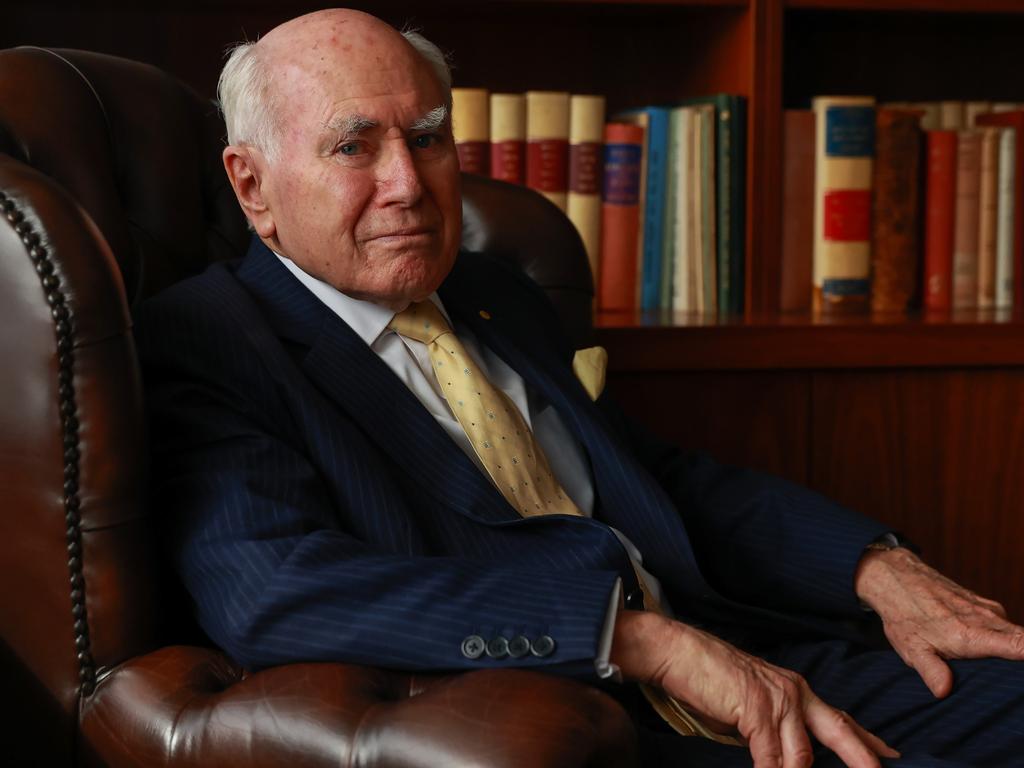
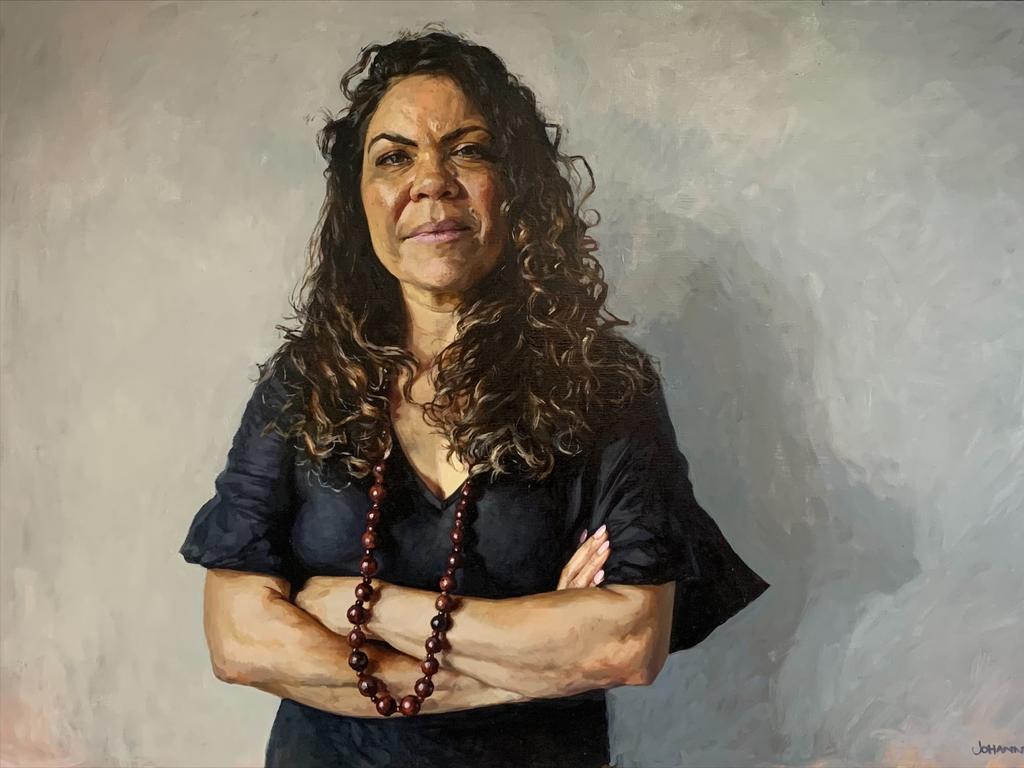
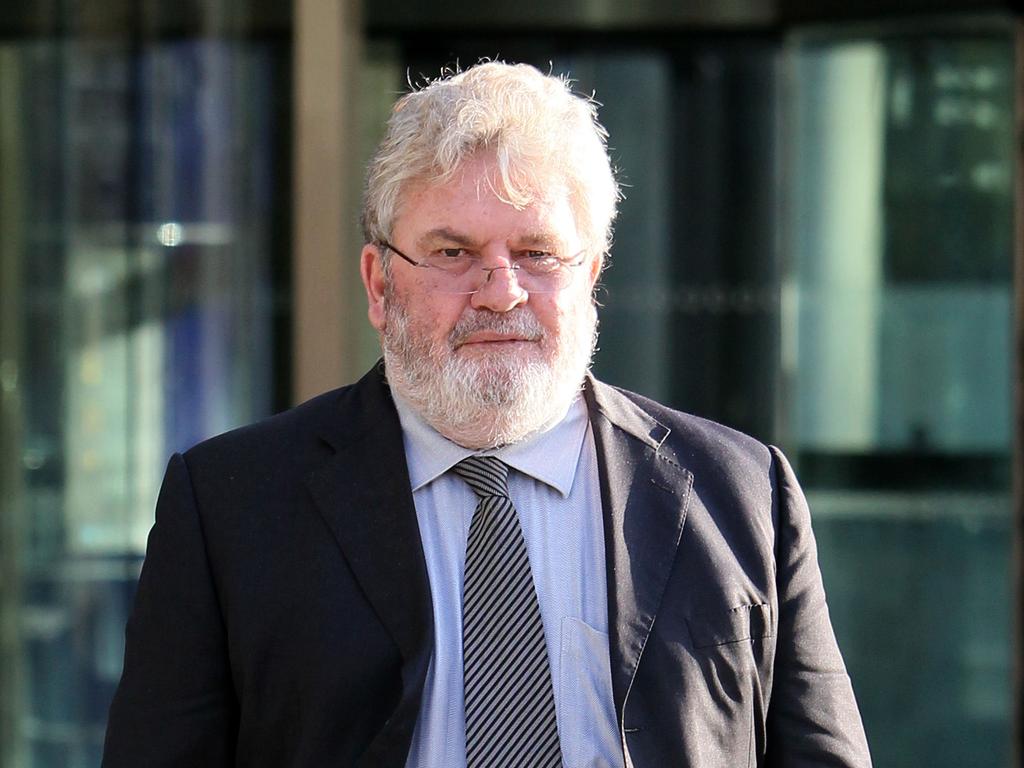
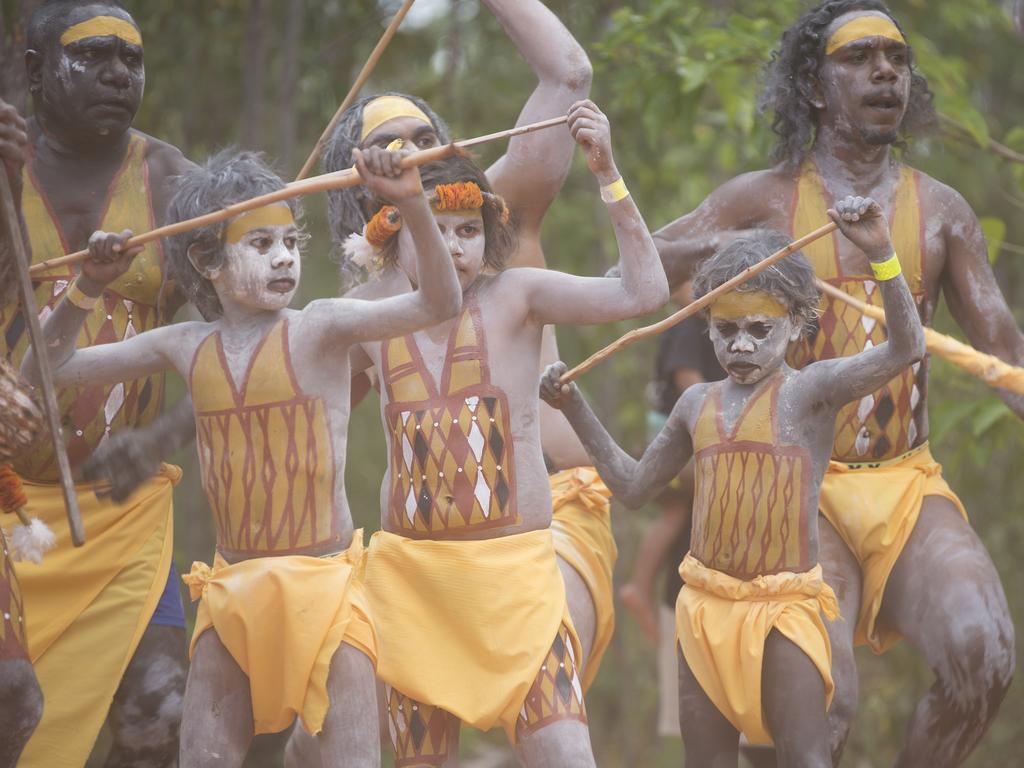


To join the conversation, please log in. Don't have an account? Register
Join the conversation, you are commenting as Logout